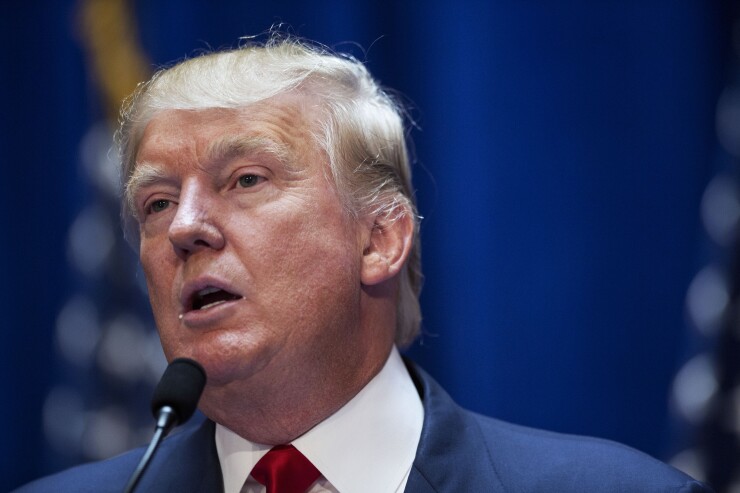Inauguration Day is here, bringing along a glaring reminder of just how divided the U.S. is. But that doesn't mean the workplace is fated to become a center of
According to a survey by Owl Labs, 45% of U.S. workers have not wanted to go into the office due to their
"Putting policies in place around politics goes against freedom of speech," he says. "Regardless of what side of the political spectrum you're on, these conversations are going to take place. People are going to have an economic conversation, for example, and politics and the economy are interwoven."
Read more:
Notably, nearly 70% of workers aren't comfortable talking about politics in the workplace, according to Monster. But Lipp warns leaders against betting that politics will never come up. Instead, they need to double their efforts in building and communicating worthwhile goals that can bring workers together.
Lipp's current area of focus is on how leaders can empower teams to do their best work, and there has never been a better time to do just that, he says. To start, he encourages managers, senior leaders and executives to be clear on the direction their company is headed and how workers will contribute to that vision. While no workforce will completely agree on what the future should hold for the U.S., they can at least be unified in their goals for the organization.
Read more:
"Ultimately, employees need to feel a sense of security in their position, and with changing political climates, that security can feel threatened," says Lipp. "A challenge leaders face is ensuring employees see the future not as a threat but as an opportunity — it behooves leaders to create goals for success."
This means leaders should be prepared to communicate and highlight not only company goals but also how they plan to support employees in reaching them. Benefit leaders may also want to consider what impacts the new presidential administration will likely have on their employees' financial wellness, mental health and access to healthcare. Regardless of what side employees are on, they will need strong benefits, especially if Trump's administration succeeds in imposing high tariffs on the United States' three biggest trading partners or dismantling the Affordable Care Act.
Read more:
"It's the leader's responsibility to create a positive vision of how they're going to navigate the future," says Lipp. "It doesn't matter what conversations happen, as long as the vision suggests to both sides that this is an opportunity through which we're going to succeed."






